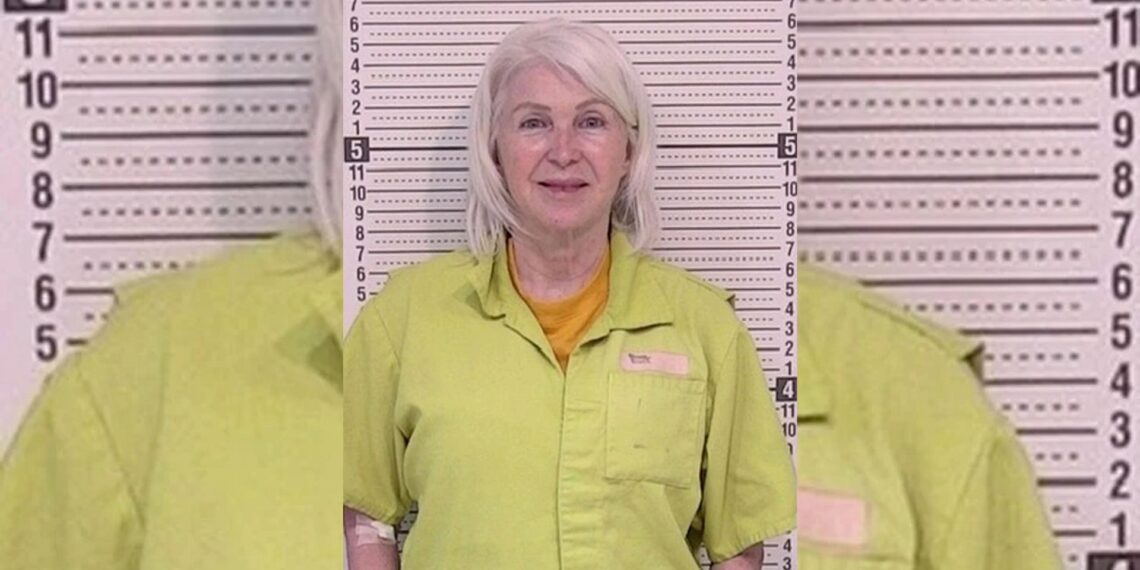By Mark Vargas, Editor-in-Chief & Opinion Contributor
Colorado officials are now standing at the edge of a constitutional and moral cliff – and they show no signs of stepping back.
Tina Peters, a 68-year-old whistleblower whose health has deteriorated so severely that she requires immediate, specialized treatment, remains locked in a state facility that cannot save her life. Every day she remains incarcerated is another day Colorado is knowingly preventing her from receiving essential medical care.
This is no longer a question of criminal justice. It is no longer a question of political disagreement. It is no longer even a question of medical negligence. Colorado is now violating its own Constitution – and placing a woman’s life at risk in the process.
Under Colorado’s proportionality doctrine, a sentence that was lawful when imposed becomes unconstitutional the moment it becomes “unduly harsh” or “excessive as applied.” The state’s own courts have said this repeatedly. People v. McNally, People v. Deroulet, People v. Drake – all reaffirmed that when circumstances change so dramatically that continued incarceration becomes cruel, the Constitution demands a remedy.
Tina Peters’ circumstances have not merely changed – they have collapsed.
She is gravely ill. She cannot receive the medical treatment she urgently needs inside a prison. No transfer will fix this. No temporary accommodation will fix this. The only path consistent with Colorado’s Constitution is immediate release so she can obtain life-saving care.
The state knows this. Officials have been informed again and again that the facility cannot treat her. They know she is deteriorating. They know she is at risk. And yet they block release, as though the Constitution is optional and human life is negotiable.
It isn’t.
When a state refuses to release a medically fragile prisoner – even when the law requires it – and the prisoner’s life is endangered as a result, the state is no longer upholding justice. It is inflicting harm. And if that harm results in death, the consequences extend far beyond legal liability.
They enter the realm of moral catastrophe.
Let’s say the quiet part out loud: If Tina Peters dies because Colorado unlawfully kept her behind bars, the state will not be able to claim this was an unavoidable tragedy. It will be a preventable one. A foreseeable one.
And a constitutional crime in its own right.
No political disagreement justifies keeping a woman in custody when that custody is the very thing preventing her from accessing medical treatment that could save her. No sentencing rationale survives when the consequence of continued imprisonment is irreversible physical decline.
And no state that prides itself on “justice reform” can defend a system that would rather let a sick woman deteriorate than follow its own constitutional mandates.
Colorado officials must release Tina Peters – not later, not after additional reviews, not after bureaucratic delays, but now. Her life may depend on it. And the state’s legitimacy certainly does.
Because if Colorado continues down this path, the question the nation will soon be asking is unavoidable: How close is the State of Colorado willing to come to turning political punishment into a death sentence?
The clock is running. And the world is watching.









